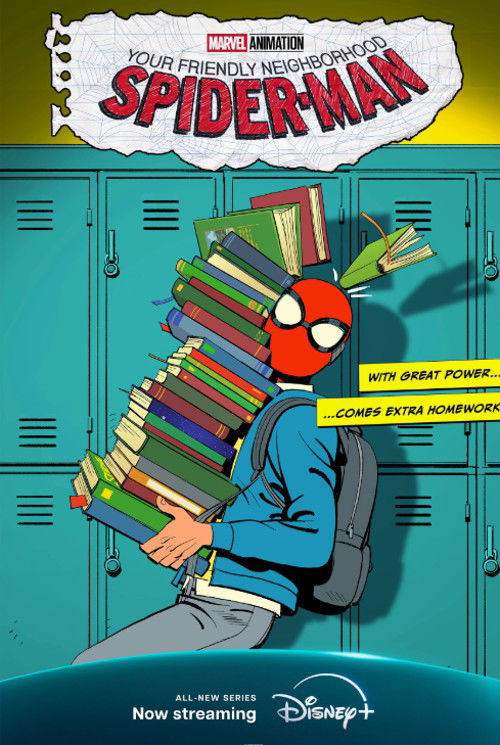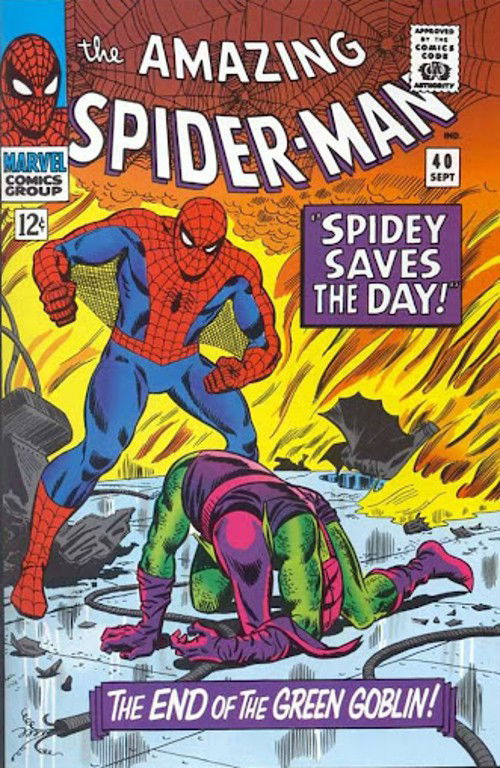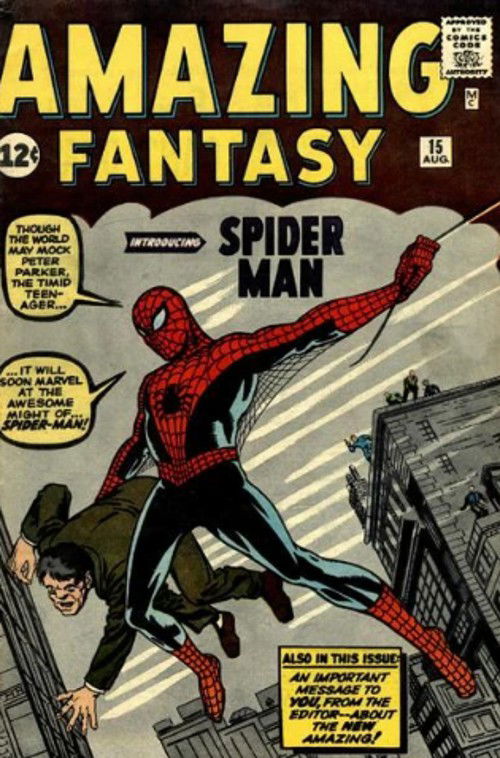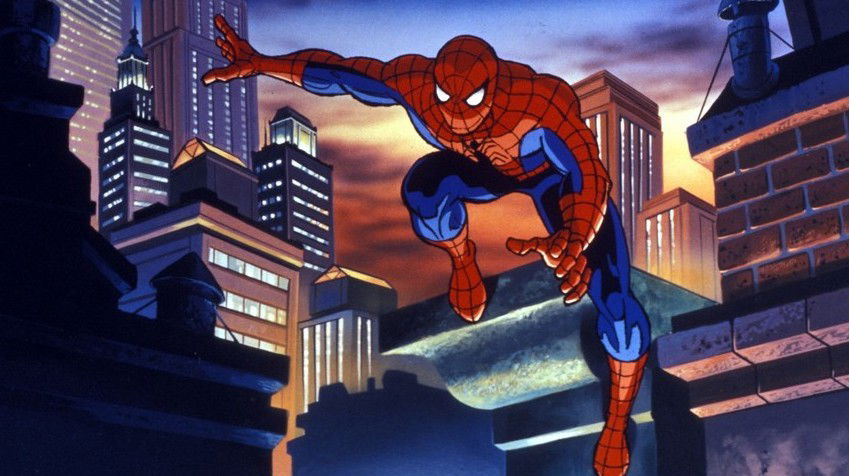The animation Your Friendly Neighborhood Spider-Man premiered on Disney+ on January 29, 2025, bringing an alternative and nostalgic take on Peter Parker's early days as Spider-Man. Unlike previous adaptations, this series takes place in a timeline where Norman Osborn takes on the role of Peter's mentor instead of Tony Stark.
Synopsis

The series follows a young Peter Parker dealing with the challenges of school life, caring for his Aunt May, and his responsibilities as a superhero. However, instead of Tony Stark, it is Norman Osborn who assumes a mentor role, leading Peter to make unexpected decisions and face unique dilemmas. This new dynamic creates unprecedented situations for the character, setting it apart from other adaptations.
Trailer
The official trailer was released in late December 2024, highlighting the blend of classic Spider-Man elements with contemporary animation.
Inspirations for Your Friendly Neighborhood Spider-Man
The animation pays homage to the classic The Amazing Spider-Man comics, particularly the works of Steve Ditko and John Romita Sr. The visual style adopts a 3D technique with shading that recalls classic illustrations, creating an authentic and nostalgic visual experience.

Comic Book Origins
The series draws influence from Spider-Man’s earliest comic book appearances, mainly Amazing Fantasy #15 (1962), created by Stan Lee and Steve Ditko. The fine lines and detailed character designs were inspired by Ditko’s style, while the coming-of-age narrative reflects the character’s early stories.

Other story arcs that influenced the animation include The Night Gwen Stacy Died (The Amazing Spider-Man #121-122, 1973) by Gerry Conway and Gil Kane, adding a more dramatic tone and exploring the impact of Peter’s choices. Additionally, Ultimate Spider-Man (2000) by Brian Michael Bendis and Mark Bagley inspired some modern aspects of the storyline, such as Peter’s relationship with Norman Osborn.
Artistic and Visual Style
The animation employs a visual style that merges the classic Silver Age comic book aesthetic with modern 3D technology. John Romita Sr., who took over Spider-Man’s artwork after Ditko, also influenced the series' look, bringing expressive facial features and dynamic action scenes.
In addition to Ditko and Romita Sr.'s influences, the animation team cited Todd McFarlane’s 1990s work as a reference, especially his detailed web designs and dynamic hero poses. The shading in the animation also evokes the style of Alex Ross, renowned for his hyper-realistic superhero paintings.
References to Other Media
Beyond the comics, the series incorporates elements from other iconic Spider-Man adaptations:
- 1967 Animated Series – Some scenes and dialogues directly reference the classic Spider-Man (1967) animated series, including tributes to the famous Spider-Man pointing meme.
- Spider-Man: The Animated Series (1994) – The serious tone and villain development take inspiration from this version, which defined a generation.

- Sam Raimi’s Films (2002-2007) – Certain camera choices and sound effects are reminiscent of the trilogy starring Tobey Maguire.
- Video Games – The game Marvel’s Spider-Man (2018) by Insomniac Games influenced the hero’s fluid movement and the urban world-building of New York.
Critical Reception
The series was well received, earning a 97% approval rating on Rotten Tomatoes and an average score of 8.2/10 based on 35 reviews. The critical consensus highlights that the animation "embraces the aesthetics of the original comics while adding new nuances to the storyline, creating a lovable incarnation of Marvel’s superhero."
"Anti-Woke" Controversy
Despite its positive reception, Your Friendly Neighborhood Spider-Man sparked controversy due to statements made by actor Hudson Thames, who voices Peter Parker in the original version. In an interview with Collider, Thames mentioned that he initially feared the series would be "annoying and woke" but was ultimately positively surprised by the quality of the narrative. The term "woke" is often used pejoratively by critics of representation and diversity in media, leading to debates on social media.
Thames' statement divided opinions, especially since Stan Lee, Spider-Man’s creator, always advocated for inclusion and fighting prejudice. The series incorporates diversity in its cast and addresses relevant social themes, which was praised by some viewers. Others argue that the narrative respects the character’s origins without feeling forced or artificial.
Conclusion
Your Friendly Neighborhood Spider-Man creatively recaptures the essence of the character, blending nostalgia with modernity. Despite the controversy, the animation has been widely acclaimed and reaffirms the timeless appeal of the Friendly Neighborhood Spider-Man, winning over both new fans and longtime admirers of the hero.












— Kommentare 0
, Reaktionen 1
Sei der erste der kommentiert